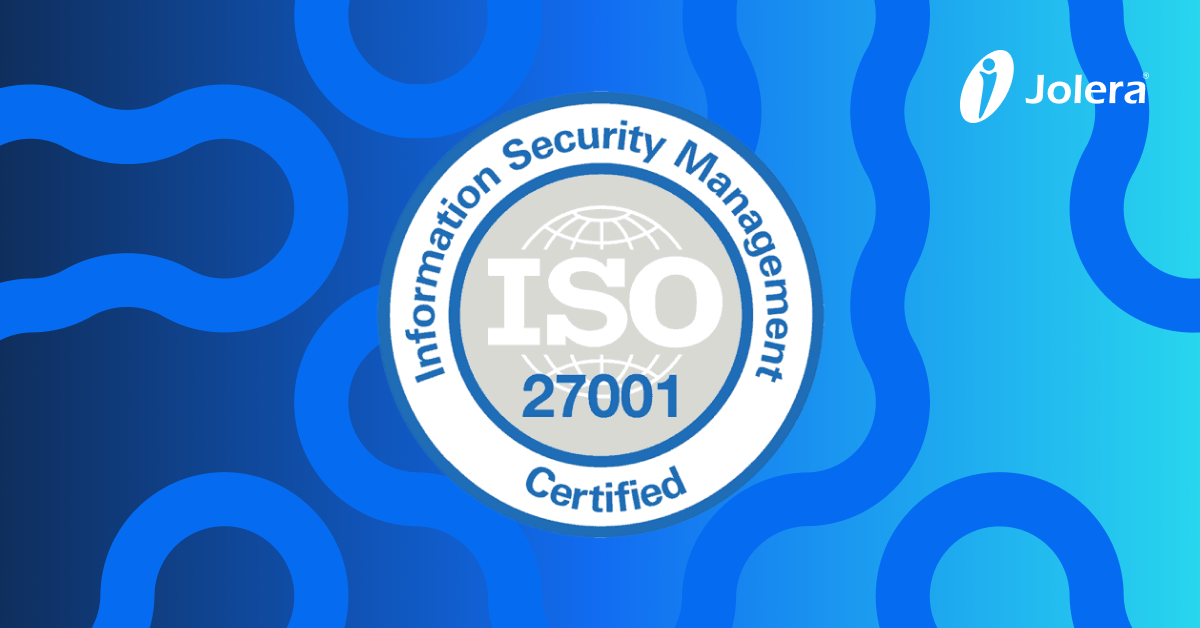It’s easy to become a hacker these days. Anyone can buy tools for a low cost or find videos online on how to carry out a cyber attack. In these times, your company needs to be prepared for a security crisis and that includes being able to respond to it an efficient manner. A survey found that 40% of CEOs expect a crisis in the next 3 years, making it more important now than ever for businesses to be sure of their crisis response.

Source: PwC
Why Is Crisis Preparation Important?
A crisis comes with no warning. You will never be told when a crisis will happen or what you will face. And when disaster strikes, it can get chaotic. People are panicking, confused and unsure about what to do. With a crisis plan in place, you can remove some of the chaos and uncertainty because your business will already have a framework to work from. Your ability to respond to a crisis will only be as good as your preparedness for it.
How a business responds to a crisis is also important for public perception. Seeing a business in panic mode or being unsure of what to do does not inspire confidence in stakeholders or consumers.
5 Common Mistakes Made During a Crisis
Everyone in your organization needs to work together in order to manage a crisis. Here are some common business mistakes your business should avoid.
1. Not taking enough preventative measures: When a crisis occurs, the questions that often come up are “how did this happen?” and “why couldn’t we stop this from happening?” It’s important to have a combination of good security solutions and excellent security habits in place in order to have good security posture. For example, many companies could have avoided being hit by WannaCry ransomware if they had installed security patches that were released two months prior to the attacks. A simple act like making sure your systems are updated can make all the difference.
2. Underestimating a security incident: Unusual behaviour like a multiple login attempts might not seem so suspicious initially but it could be an indicator of attempted compromise. It’s important that you don’t discount anything during a crisis. Security incidents often start small but they can end up having a great impact.
3. Not responding quickly enough: Detecting a data breach as quickly as possible is crucial for not only preventing a threat from spreading but for keeping productivity. It’s important to respond to any suspicious activity as soon as possible. Having a SIEM system like Secure IT – SIEM in place can help detect threats and prevent them from spreading.
4. Lack of communication: Clear communication within your organization and externally to partners, the media, customers, etc. is incredibly important during a crisis. Your organization needs to clearly communicate with each other in order to make sure that the crisis is being handled efficiently. You don’t want an employee accidentally making the situation worse due to unclear instructions. When a crisis hits, public perception is important. You don’t want your company to look like it’s hiding information from the public. Being transparent with the media and alerting customers as soon as possible is crucial.
5. Lack of training: Having a plan in place is a good start but it’s not enough. You need to put that plan to action by training your employees on how to respond to security crisis. Running training exercises can help improve your plan and give employees the opportunity to learn their roles during a crisis.




